“What the hell can we do?”
This key question on how to fight gentrification was asked by René Moya, director of Housing Is A Human Right and host of the “Empowering La Comunidad,” a town hall based centered around gentrification.
With four panelists and the civil rights and labor leader Dolores Huerta, who along with Cesar Chavez founded the National Farm Workers Association in 1962, the town hall took place at Cal State LA’s Golden Eagle Ballroom on Saturday and served to encourage the education of others regarding tenants’ rights, and gentrification.
“Gentrification is the displacement and replacement of the poor for profit,” said Moya, adding “people who are evicted and displaced are almost always people of color.”
Trinidad Ruiz, a Los Angeles Tenants Union (LATU) organizer and panelist, defined gentrification as not only displacement but a “form of economic violence, [and] a form of racism.”
Noticing who truly benefits from new businesses driving community members and small shops out of the neighborhood was pointed out as a way to identify gentrification. “Our people, la gente, we deserve a nice coffee shop and nice restaurants, but for whom are those services?” said Moya. “You have to ask yourself are those services for us?”
Organizing communities and tenants, “making noise” through social media exposure and strengthening rent control laws to protect tenants, were identified as tactics to help fight gentrification.
“It’s hard to ignore it, so whether or not people want to hear you, they’ll listen anyways,” said Astrid Cota, a Cal State LA student, who identified “making noise” as the tactic she is most likely to use.
“You can stop [gentrification] by educating people to not move out, to not pay increases above CPI [Consumer Price Index] and to not move out in response to a notice of eviction,” said Elena Popp, Executive Director of the Eviction Defense Network (EDN) and panelist.
Popp also stated the fact that it is illegal for landlords to lock you out, terminate your utilities, or threaten to call ICE (Immigration and Customs Enforcement) as a way to encourage and educate undocumented tenants to not be afraid to fight back against rent increases and unlawful evictions.
Huerta had some words for Cal State LA students in an interview with the UT, hoping to encourage their involvement in the movement. She acknowledged that “couch surfing” and how students sleeping in cars is due to homelessness.
“Homeless issues not only affect their families, but it affects students themselves and [students] need to be aware… that they need to get involved,” said Huerta.
In the event’s closing speech, Huerta urged everyone to get themselves counted in the upcoming 2020 census, undocumented or documented. Data collected from the census is often a determining factor in how much funding a community gets.
“Si no nos contamos nos fregamos,” said Huerta, “If we don’t count ourselves, we’re screwed.”
The Eviction Defense Network (EDN), a nonprofit organization that helps tenants fight evictions, has a “Tenants Do’s and Don’t” flyer, and a list of legal resources offered both in English and Spanish. The EDN also offers a free consultation at (213) 385-8112.

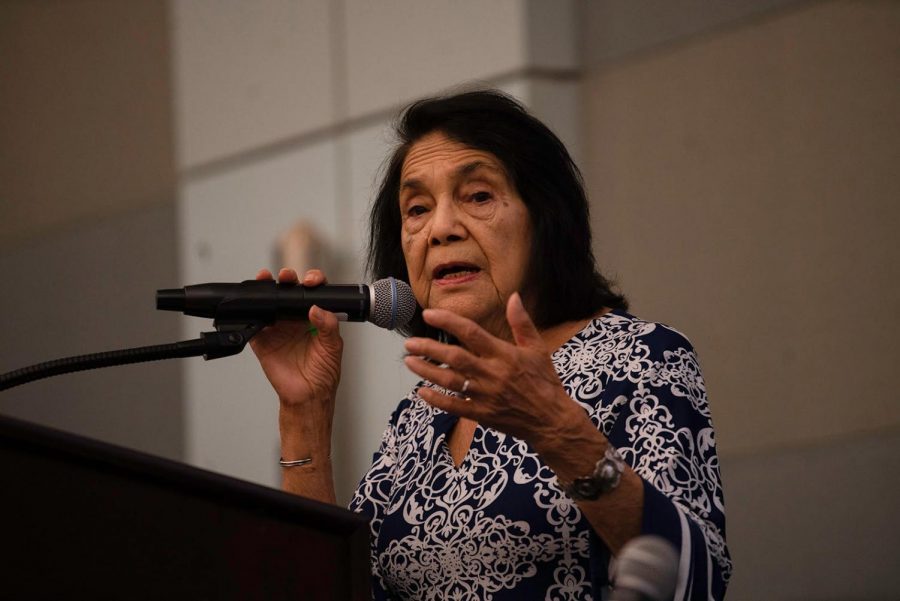
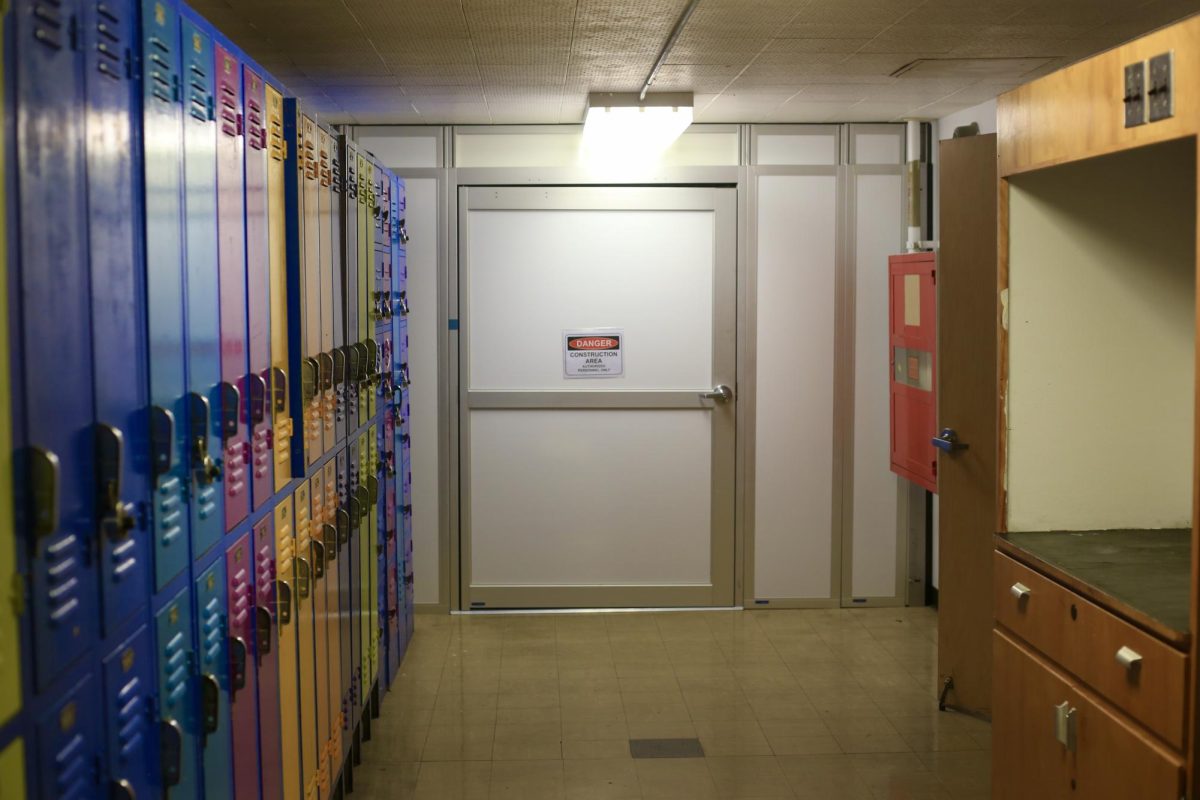
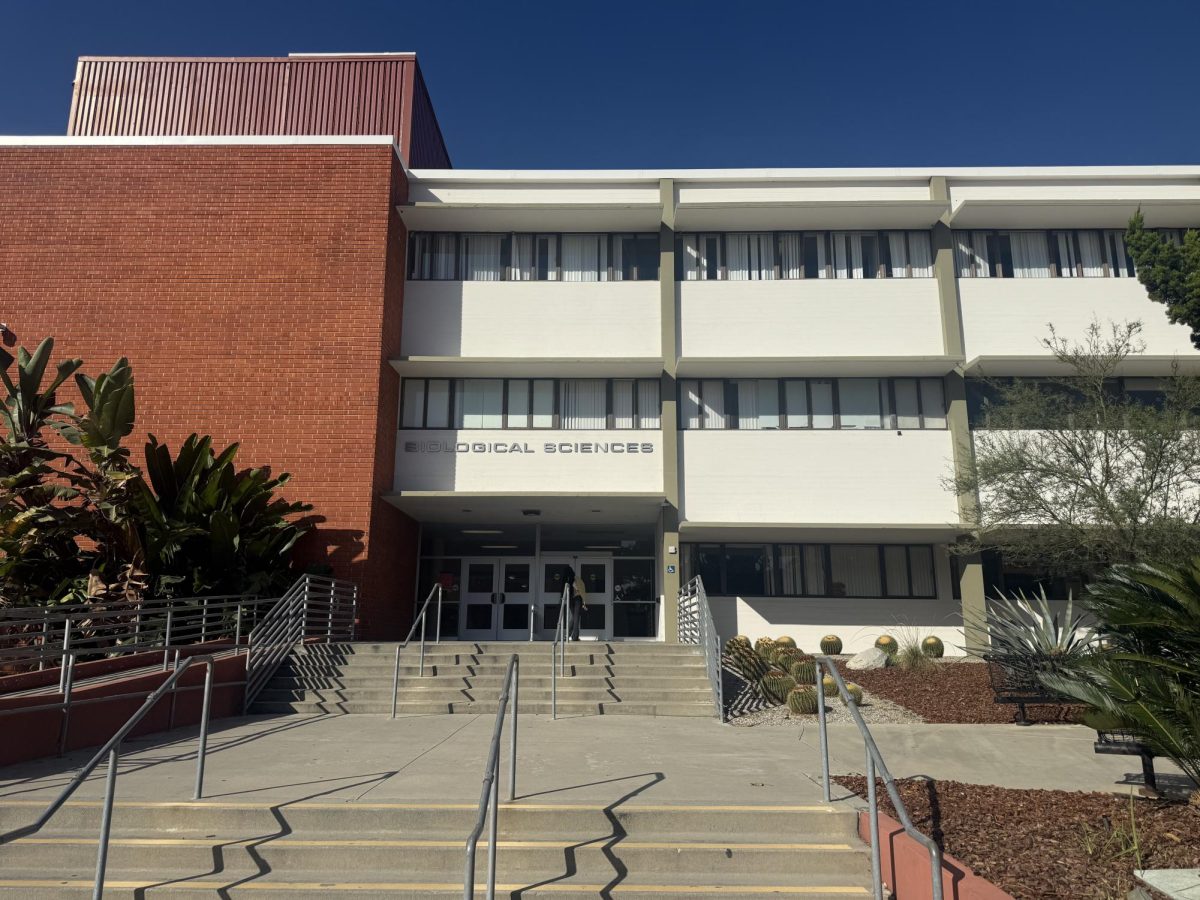
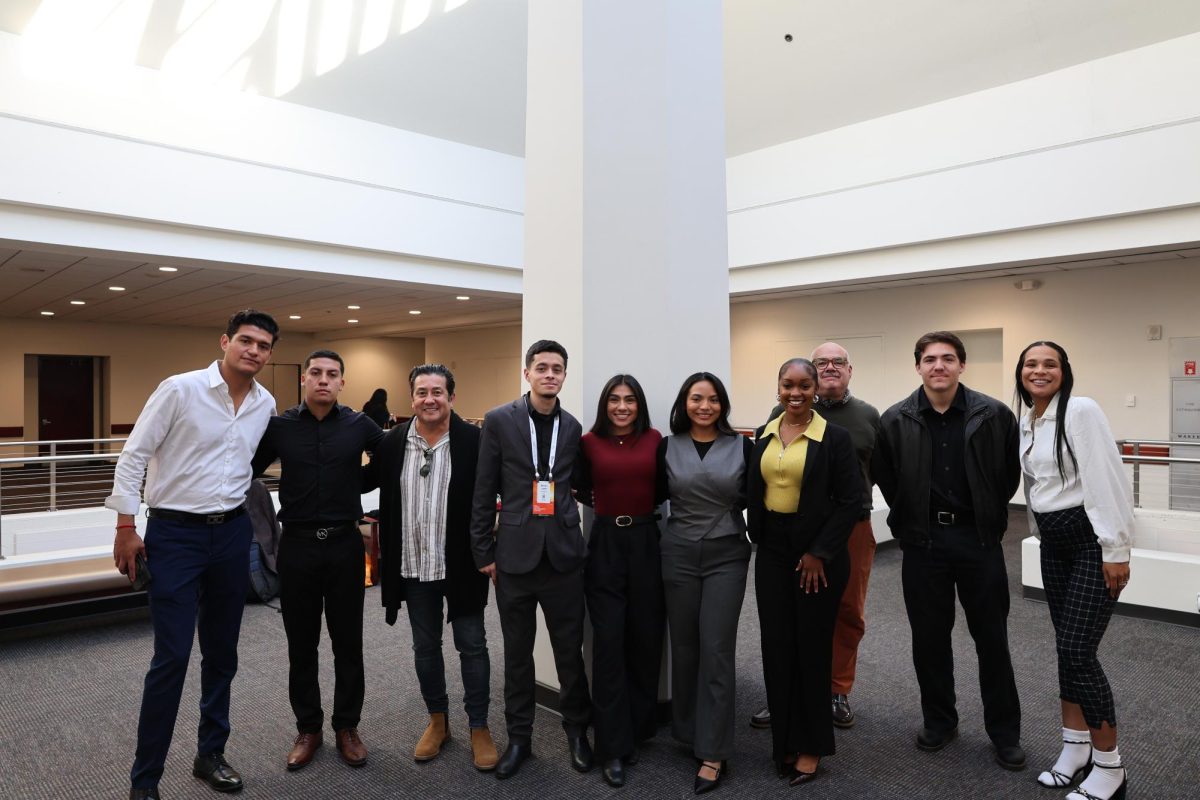
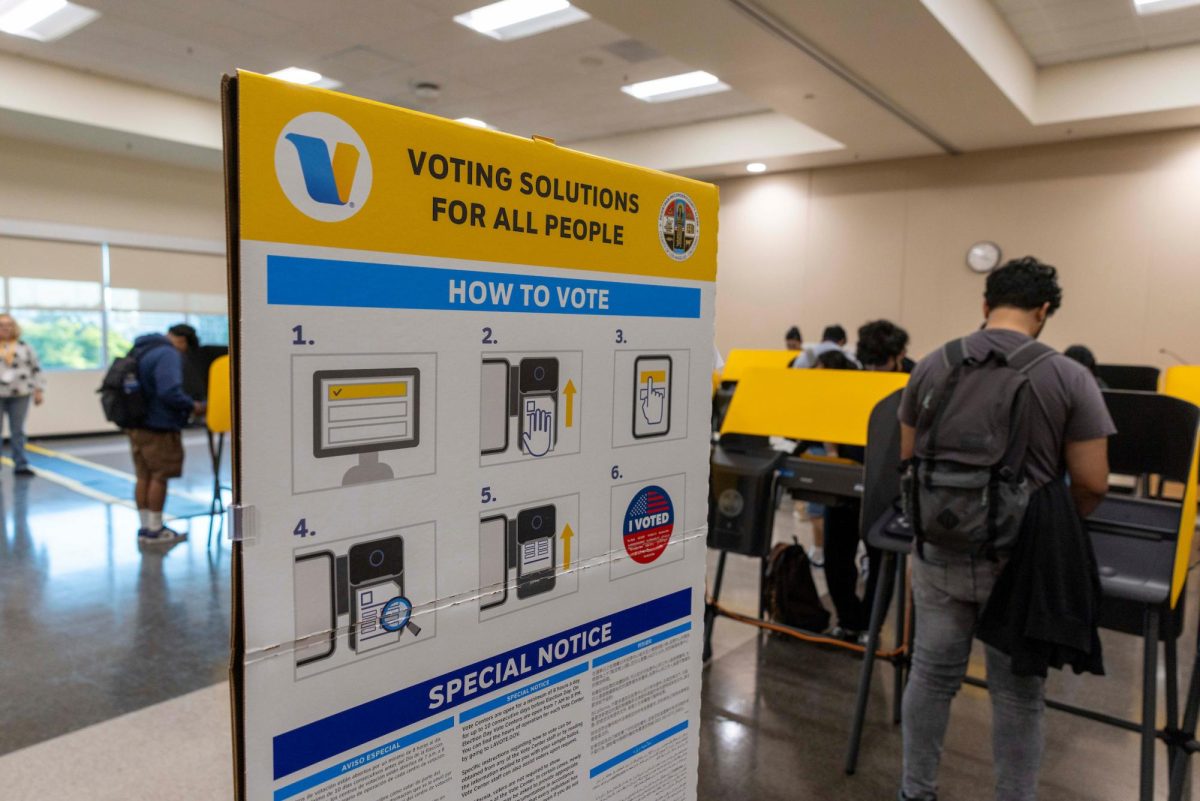
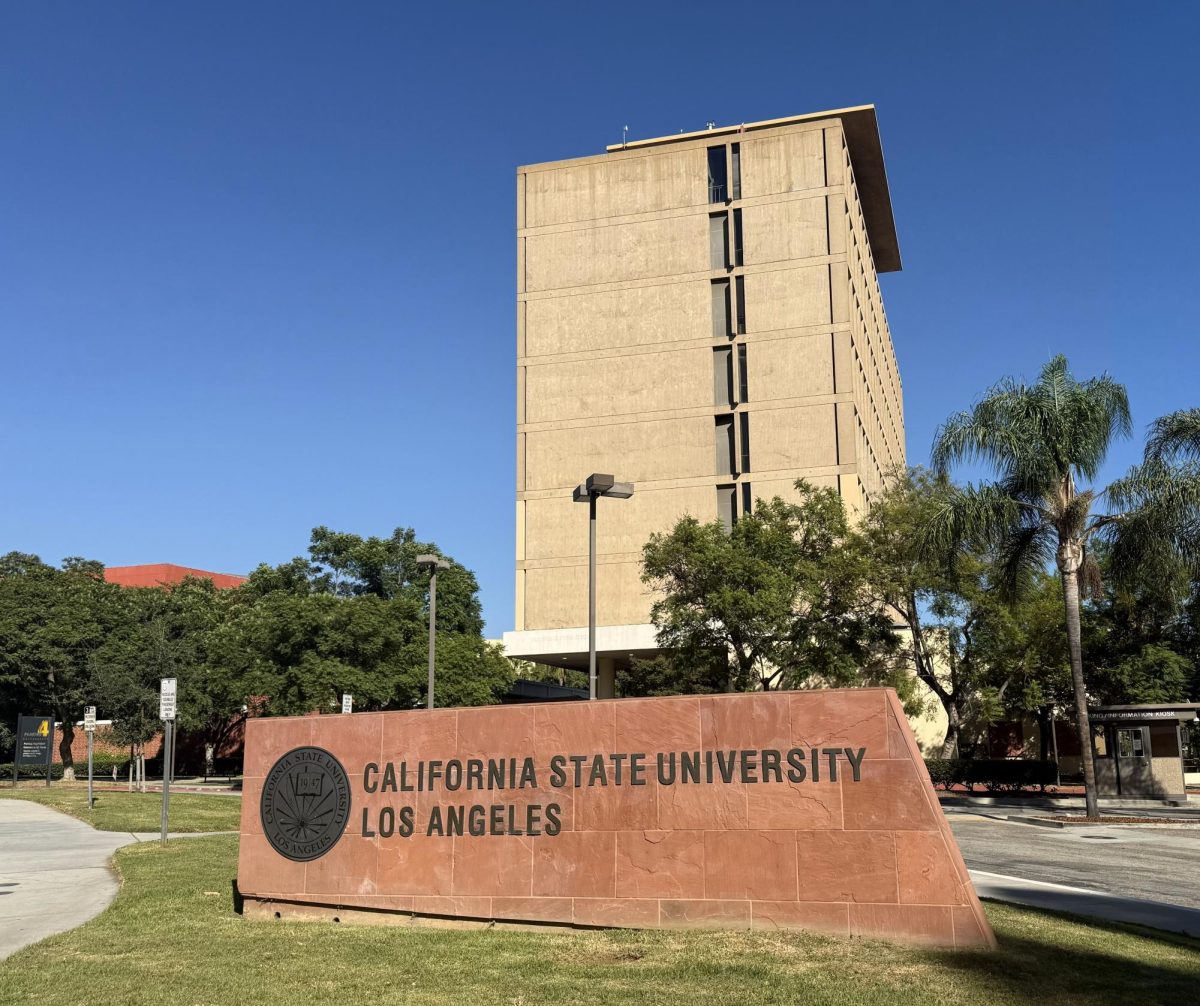
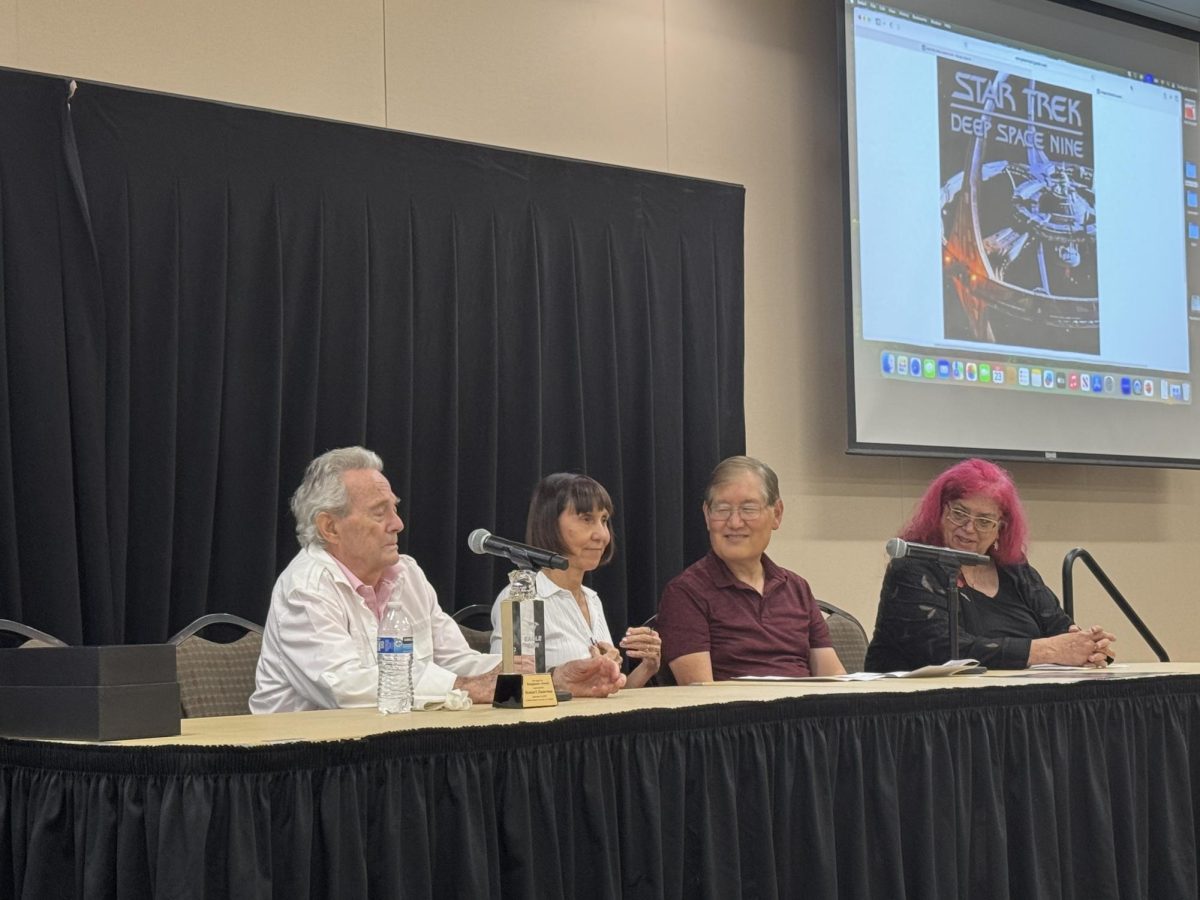







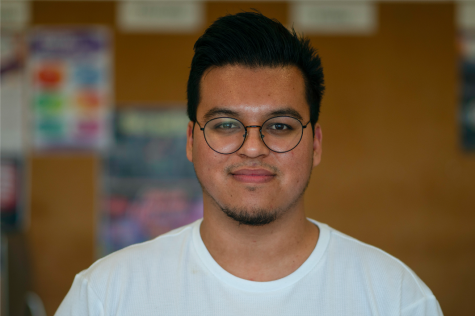
Anthony Ramos • Feb 27, 2025 at 1:02 pm
I love the information on this critical and empowering topic.